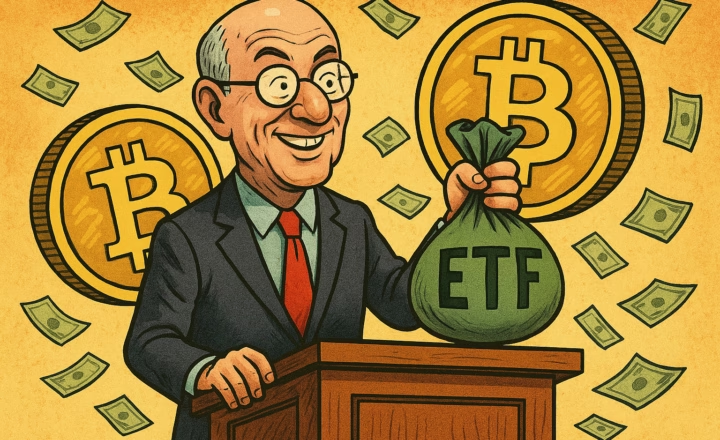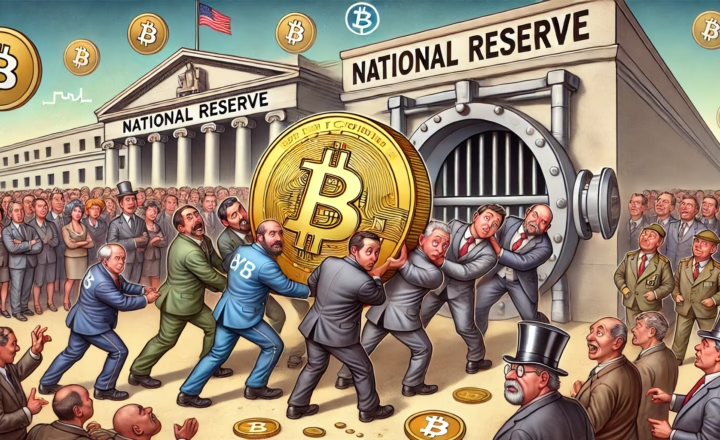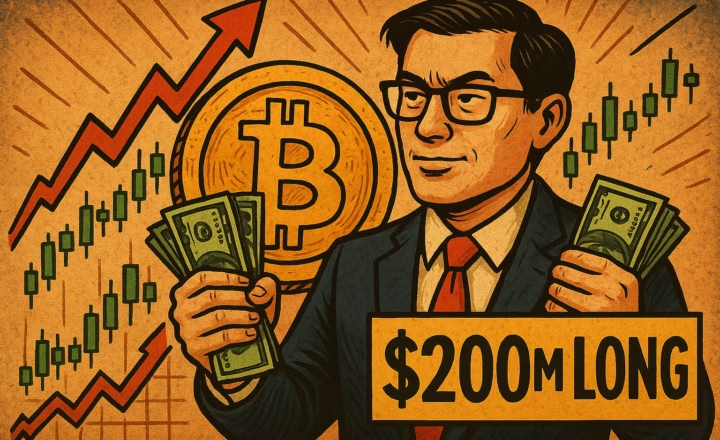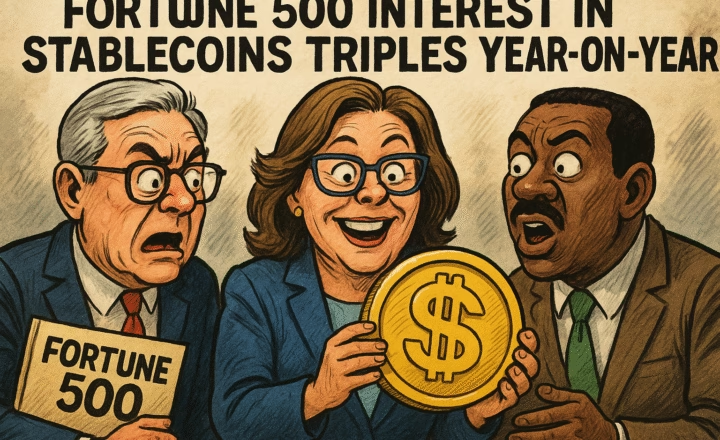Governor Rhee Warns of Forex Management Challenges Despite Favorable Outlook for Digital Asset Regulation
South Korea’s central bank is not opposed to the issuance of a won-pegged stablecoin, but remains wary of the potential risks to foreign exchange stability, according to remarks from Bank of Korea Governor Rhee Chang-yong.
Speaking at a press conference on Wednesday, Rhee stated that issuing a won-based stablecoin could inadvertently increase the use of dollar-backed stablecoins instead of reducing reliance on them, thereby making it harder for the country to manage foreign exchange (forex) balances.
“Issuing won-based stablecoin could make it easier to exchange them with dollar stablecoin rather than working to reduce use of dollar stablecoin,” Rhee said, as reported by Reuters. “That in turn could increase demand for dollar stablecoin and make it difficult for us to manage forex.”
Context: Declining Forex Reserves
The cautious stance comes as South Korea’s forex reserves have been shrinking. According to data from the Bank of Korea, the country’s reserves dropped from $415.6 billion at the end of December 2023 to $404.6 billion by the end of May 2024 — an $11 billion decline in just six months.
This trend has heightened concerns about the resilience of Korea’s currency reserves in the face of increasing interest in digital asset markets and alternative store-of-value instruments, such as stablecoins.
President Lee’s Pro-Crypto Push
Governor Rhee’s comments come amid accelerating efforts by South Korea’s newly elected president, Lee Jae-myung, to regulate and integrate crypto assets into the country’s financial framework.
On June 10, the ruling Democratic Party introduced the Digital Asset Basic Act, which outlines regulatory conditions for stablecoin issuers. Under the proposal:
-
Companies must hold minimum equity capital of 500 million won (approximately $368,000).
-
Issuers must maintain sufficient reserves to ensure refundability.
-
Approval is required from the Financial Services Commission (FSC).
These reforms are part of Lee’s broader agenda to position South Korea as a crypto innovation leader while introducing strong consumer protections and market transparency.
Focus on Lowering Trading Costs
The FSC has also begun an investigation into trading fees charged by domestic crypto exchanges, a move consistent with Lee’s campaign promise to lower transaction costs for retail investors, particularly young traders.
The regulatory body is examining whether Korean exchanges are charging excessive fees compared to international standards, and whether fee structures may be adjusted to improve market competitiveness.
The Global Rise of Non-Dollar Stablecoins
The debate over a won-pegged stablecoin also ties into a broader trend: the emergence of non-USD stablecoins.
While Tether (USDT) and Circle’s USDC — both backed by the U.S. dollar — continue to dominate the stablecoin market with respective capitalizations of $156 billion and $61 billion, new entrants are gaining traction.
For instance, Circle’s euro-pegged stablecoin EURC has surged in value, with its market capitalization rising to $203 million, a 156% increase since the beginning of 2024, according to DefiLlama.
Regulatory Momentum in the U.S. Adds Pressure
In parallel with South Korea’s developments, the U.S. Congress is moving forward with the GENIUS Act, a bill that would establish a federal regulatory framework for payment stablecoins. On Wednesday, Circle’s stock surged after lawmakers signaled likely passage of the bill in the House of Representatives.
If passed, the legislation would provide clarity and legitimacy to dollar-backed stablecoins, potentially making them even more attractive to global users — including Korean traders — and thereby reinforcing Rhee’s concerns about dollarization via crypto.
Conclusion
While the Bank of Korea is not outright rejecting the concept of a won-pegged stablecoin, Governor Rhee’s caution underscores the complex tradeoffs between embracing digital innovation and safeguarding macroeconomic stability.
As South Korea’s crypto-friendly government pushes ahead with regulatory reforms, the central bank’s emphasis on managing currency risk and forex reserves highlights the delicate balance policymakers must strike in an increasingly tokenized global economy.












